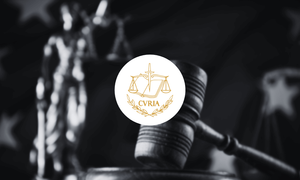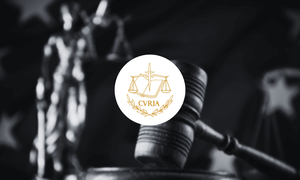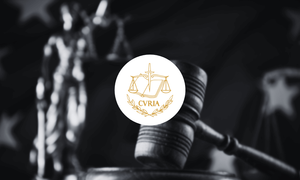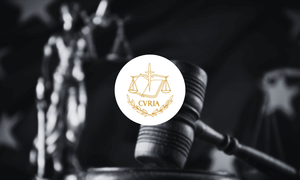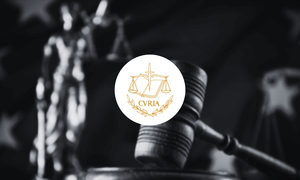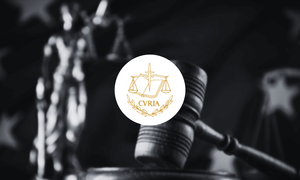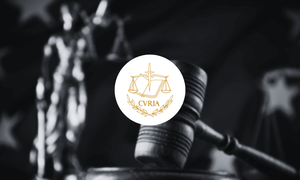
CJEU C-487/21 Österreichische Datenschutzbehörde v CRIF (right to copy) 4 May 2023
members
–
5 min read
You have the right to a faithful, intelligible copy of all your personal data, including full documents or extracts from documents or databases, if crucial for your rights and while respecting others' rights and freedoms.

